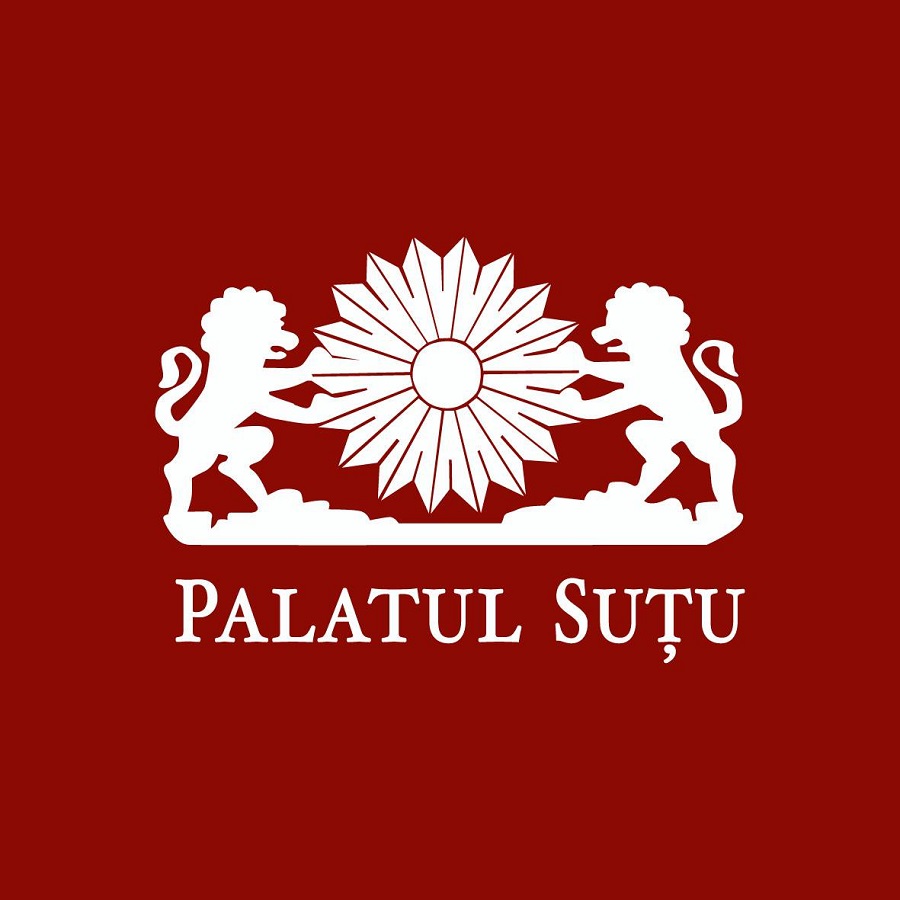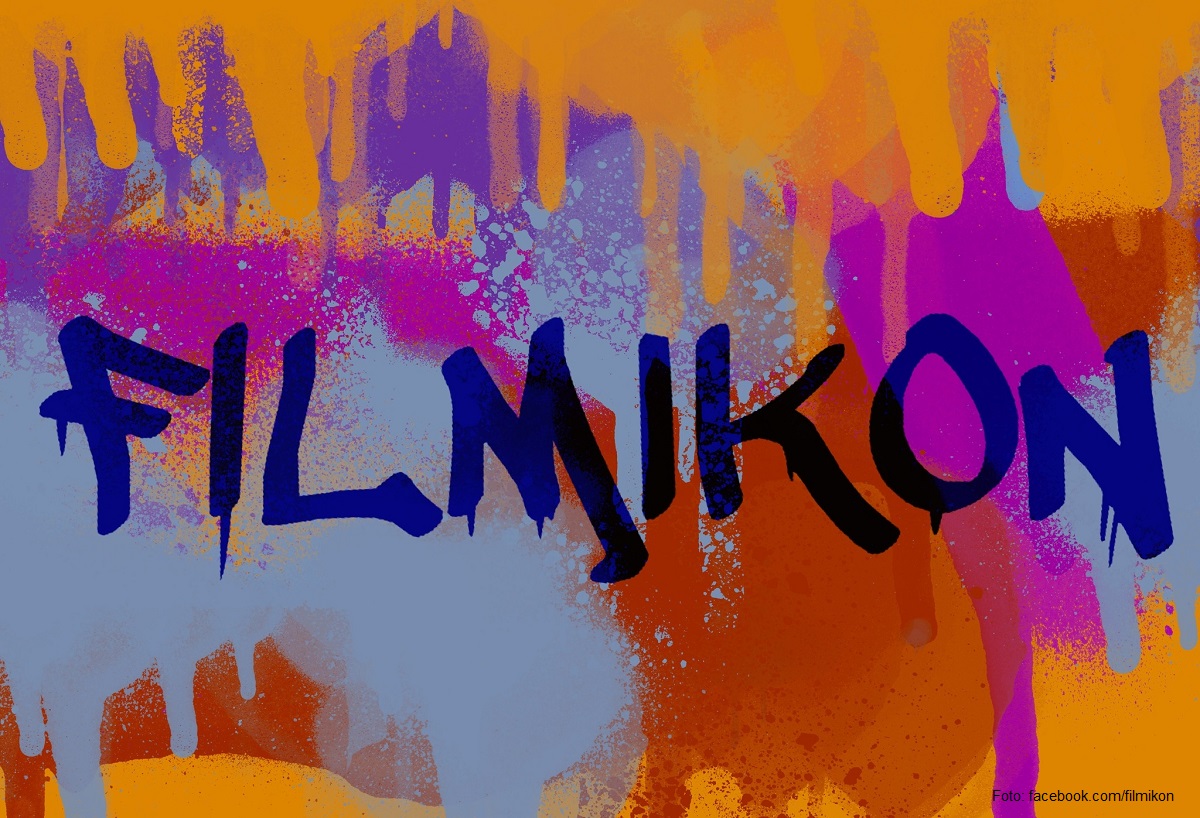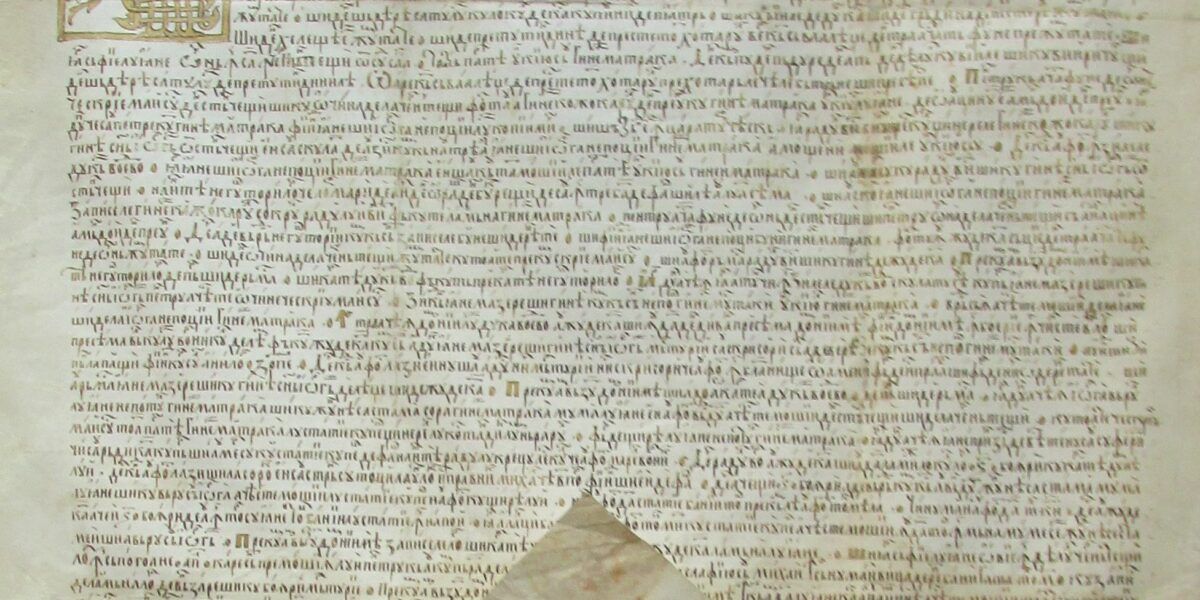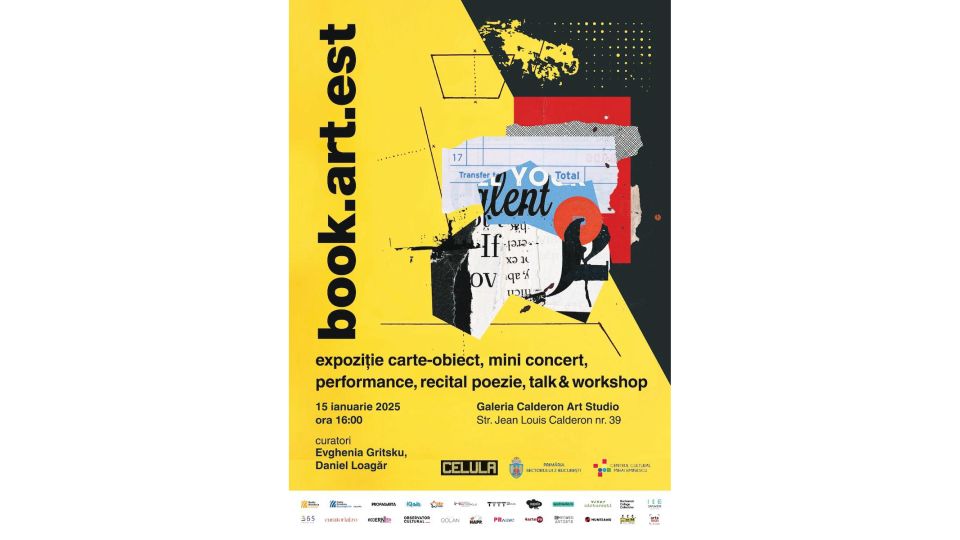Be YourSelfie in Bucharest
An education and urban history programme for university and high school students.
Corina Sabău, 14.05.2016, 14:16
For seven months, starting in February, the
Political Science Department within the Bucharest University has been running
the project Be YourSelfie in Bucharest. An education and urban history
programme for university and high school students. The project has a dual
purpose: to make students aware of the multicultural nature of the city and to
help them discover Bucharest through hands-on cultural research. The activities
in the project include training courses and workshops on urban education,
guided tours for university and high school students from Bucharest. Alexandra
Iancu, a lecturer with the Department of Political Sciences of the Bucharest
University has more:
We intend to start from several apparently
simple questions like: what is a city?, how is it built?, how does it evolve?,
and to address them from a cross-disciplinary perspective. So we organise a
series of training courses for students, with various anthropologists,
historians, journalists, political analysts and image experts as guest
trainers. We have a number of general courses designed to make students aware
of how we relate to the city we are living in. These theoretical courses are
followed by field trips that give students an opportunity to get in touch with
the surrounding reality, irrespective of the area of Bucharest that they visit:
Primaverii neighbourhood, Rahova neighbourhood, the old town, the outskirts and
the old boyars’ houses or the new residential neighbourhoods. In brief, during
these courses we intend to provide students with this diversity.
According to Alexandra Iancu, the initiator of
the project Be YourSelfie in Bucharest, the questions from which the
students’ research starts are very simple, such as: how does a city function,
from a social, political, economic and cultural point of view? Which are some
of the major problems facing a big city like Bucharest?
I believe there is a difference between the
way university and high school students look at things. In general, when asked,
at the beginning of each project, which the main problems of the city are,
students tend to reproduce the standard ideas and words they hear on TV. For
instance, they mention the infrastructure, the issue of public transportation,
the fact that the city is not clean, in short, the same problems cited by
politicians. But the purpose of our project is to try to see beyond these
aspects, which are not to be neglected, to identify the real problems and
define what the city is beyond this stereotypical language.
Alexandra Iancu will tell us next how students
reacted after the first training courses and workshops.
For the time being we focused on training
students, and their feedback was very good, especially because we had a great
number of training sessions. The programme was intensive and students attended
these sessions in big numbers. They were enthusiastic because this is an
informal way of learning, and theoretical courses are accompanied by field
trips. We have signed a number of conventions with high schools from Bucharest,
more than what we had stipulated in the initial project. We work with the
Cantemir National College, with St. Sava, Matei Basarab, Spiru Haret and
Gheorghe Lazar high schools. According to the teachers we are working with, the
students’ feedback is very good, as they are also thrilled with the playful
dimension of the project. They are both informed and directly involved. For
instance we organise a prize-winning exhibition, a public exhibition,
displaying pictures taken by high school students around the city, in their
attempt to uncover Bucharest’s cultural diversity. They are delighted with what
they discover. After each workshop, after each guided tour, we have a talk with
them to see how they perceive these experiences, and for the moment, the
results are encouraging.
Starting from the intention of the Department
of Political Sciences to get out of the formal education framework and to create
a link between university education and high school education, the project Be YourSelfie in Bucharest is funded through a grant offered by Norway, Iceland,
Liechtenstein and the Romanian government. The project will end with a photo
contest and an exhibition of pictures of Bucharest made by the students.

